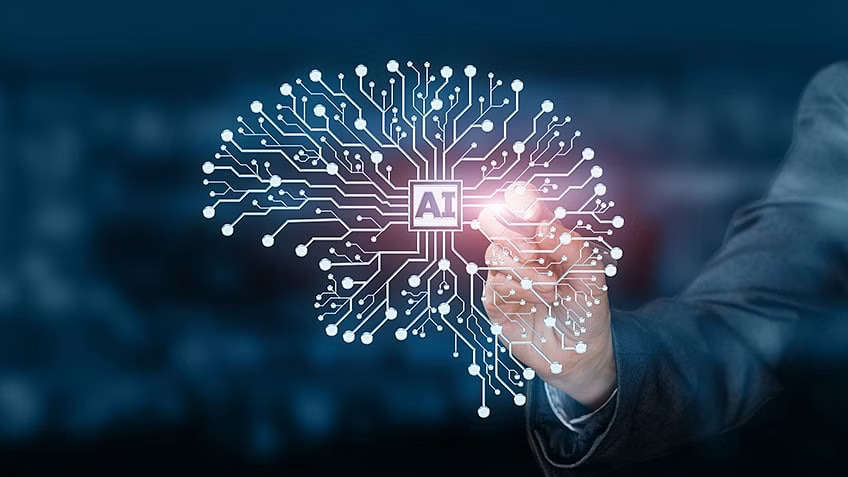Artificial intelligence (AI) has been rapidly
growing and expanding in recent years.
The technology has the potential
to revolutionize a wide range of industries and improve our lives in countless
ways. However, it also comes with significant challenges and risks that must be
addressed as we move forward. In this blog post, we’ll explore some of the
opportunities and challenges that the future of AI holds.
Opportunities:
Automation of tedious tasks: AI has
the potential to automate many of the repetitive and mundane tasks that humans
currently perform, freeing up time for more creative and higher-value work.
Improved healthcare: AI can
help doctors and researchers analyze vast amounts of medical data to identify
patterns and develop new treatments for diseases.
Enhanced education: AI can be
used to create personalized learning experiences for students, tailoring the
curriculum to their individual needs and strengths.
Increased efficiency: AI can be
used to optimize supply chains, reduce waste, and improve manufacturing
processes, leading to significant cost savings and increased productivity.
Improved safety: AI can be used to monitor and
predict potential safety hazards, making our homes, workplaces, and communities
safer.
Challenges:
Ethical concerns: As AI becomes more advanced,
there are concerns about how it will be used and who will have control over it.
There are fears that AI could be used to perpetuate inequality, for example, by
automating discriminatory practices.
Job displacement: While AI has the potential to
create new jobs, it may also displace many existing jobs, particularly those
that involve routine or repetitive tasks.
Bias and fairness: There is a risk that AI systems will perpetuate existing
biases and inequalities, particularly if they are trained on biased data or
designed by teams that lack diversity.
Security risks: As AI becomes more integrated
into our lives, there is a risk of cyberattacks and other security breaches
that could have catastrophic consequences.
Lack of transparency: As AI
becomes more complex, it may become increasingly difficult to understand how it
works and to ensure that it is being used ethically and responsibly.
Conclusion
In conclusion, the future of AI holds great
promise, but also significant challenges that must be addressed. It is up to us to ensure that this technology is
developed and used in ways that benefit society as a whole, rather than
exacerbating existing inequalities and risks. By working together to address
these challenges, we can build a future in which AI helps us to lead safer,
more efficient, and more fulfilling lives


